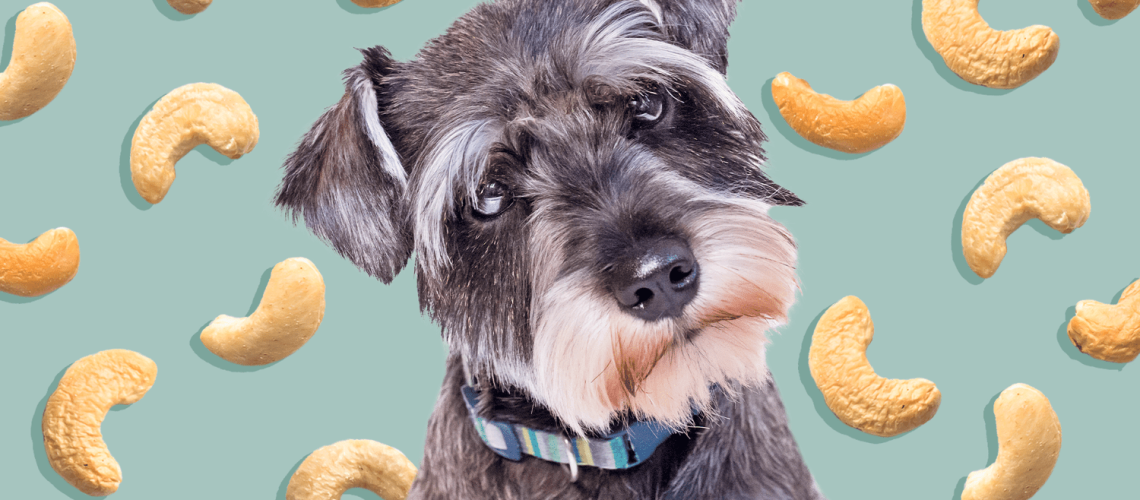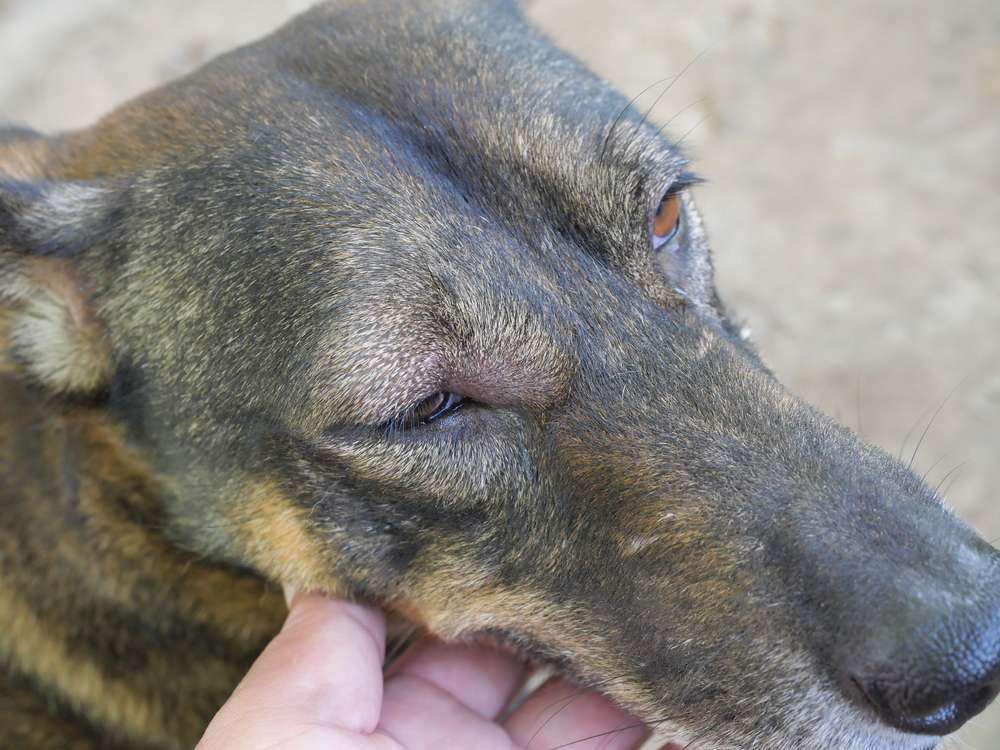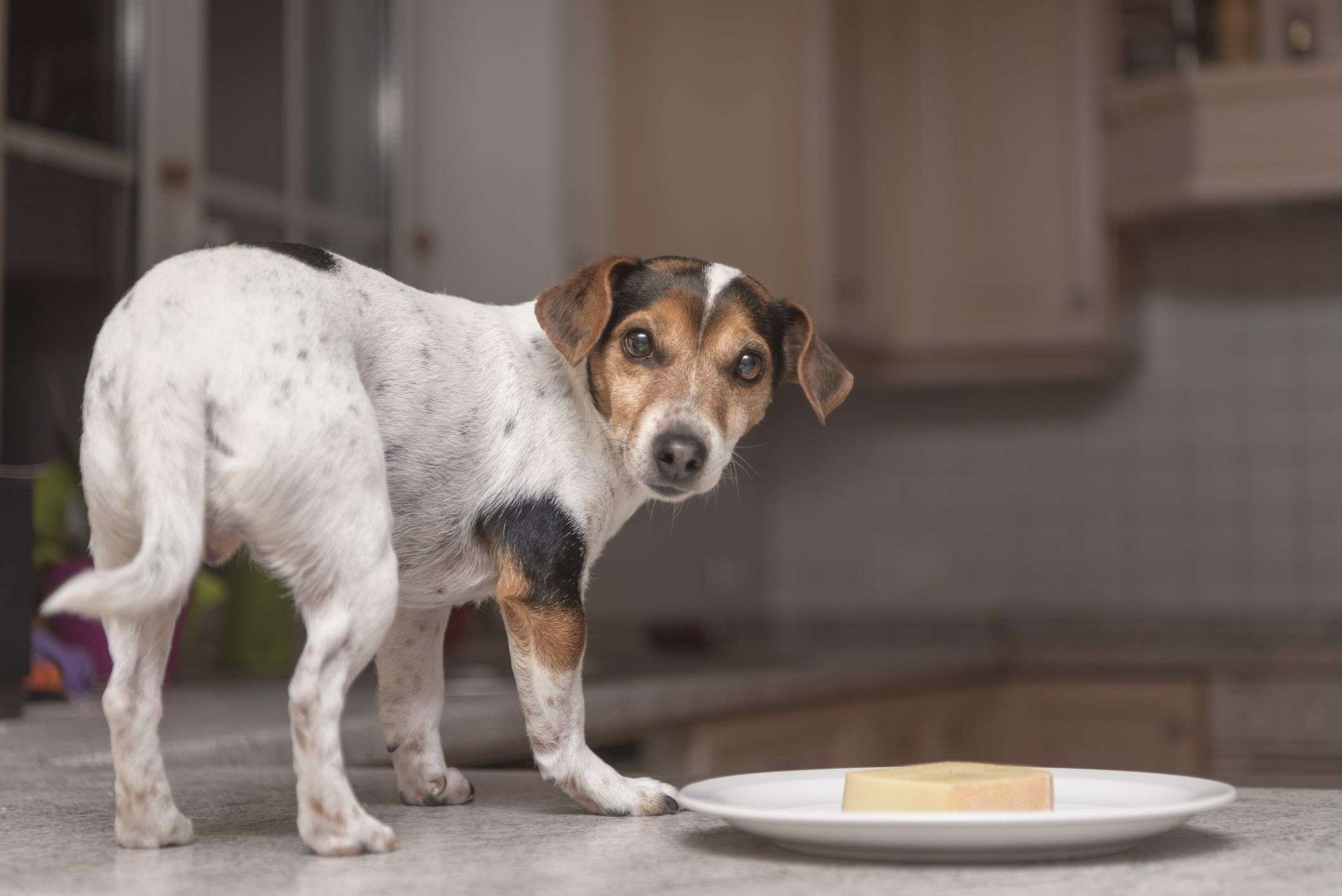Key Takeaways:
- Cashews can be toxic to dogs if consumed in large quantities due to their high fat content.
- Even small amounts of cashews can cause digestive issues such as stomachaches or diarrhea in some dogs.
- Some dogs may also have an allergic reaction to cashews, resulting in symptoms like itching or swelling.
- It is best to avoid feeding cashews to dogs as there are safer and healthier treat options available.
- If a dog accidentally consumes cashews, it is important to monitor them closely for any adverse reactions and consult a veterinarian if necessary.
Attention all dog lovers and curious minds! Have you ever wondered if your furry friend can munch on cashews? Well, get ready to uncover the truth behind this intriguing question. Whether you're a concerned pet owner or simply intrigued by canine dietary habits, understanding whether dogs can eat cashews is essential for their well-being. In this article, we will explore the potential benefits and risks of feeding cashews to our four-legged companions. So, let's dive into the world of canine nutrition and discover if cashews are a tasty treat or a potential health hazard for our beloved pups. Get ready to have your questions answered once and for all!
What are cashews and why do people eat them?
Cashews are a type of nut that comes from the cashew tree, which is native to Brazil. They have a unique shape, with a curved bottom and a pointed top. Cashews are known for their creamy texture and mild, buttery flavor.
People eat cashews for various reasons. Firstly, they are delicious and can be enjoyed on their own as a snack or added to different dishes like salads, stir-fries, or desserts. Secondly, cashews are packed with nutrients. They contain healthy fats that can help lower bad cholesterol levels and reduce the risk of heart disease. Cashews also provide essential vitamins and minerals like magnesium, zinc, and vitamin K.
Are cashews safe for dogs to eat like humans?
No, cashews are not safe for dogs to eat in the same way humans do. While cashews can be a healthy snack option for humans when consumed in moderation, they may not have the same benefits for our furry friends.
Dogs have different dietary needs than humans. Their bodies are not designed to digest certain foods in the same way we do. Cashews can be difficult for dogs to digest due to their high fat content and fiber composition. Additionally, some dogs may have allergies or sensitivities to nuts.
Can cashews be harmful to dogs or have health benefits?
Cashews can potentially be harmful to dogs if consumed in large quantities or if the dog has an allergy or sensitivity to nuts. The high fat content of cashews can lead to weight gain or even pancreatitis in some cases.
On the other hand, there are no specific health benefits of feeding cashews to dogs compared to their regular diet. Dogs require a balanced diet that includes protein, carbohydrates, fats, and essential vitamins and minerals. While cashews do contain some nutrients, they are not necessary for a dog's overall health and well-being.
Potential risks of feeding cashews to dogs
Feeding cashews to dogs can pose several potential risks:
- Cashews are high in fat and can lead to weight gain or pancreatitis in dogs if consumed in large amounts.
- Dogs may have allergies or sensitivities to nuts, including cashews. This can cause symptoms like itching, vomiting, diarrhea, or even more severe reactions.
- The shape and size of cashews can be a choking hazard for dogs, especially small breeds or those prone to gulping their food without chewing properly.
How should cashews be prepared as a treat for dogs?
If you still want to give your dog an occasional treat with cashews, it is important to prepare them properly:
- Make sure the cashews are unsalted and unseasoned. Salted or flavored cashews may contain harmful ingredients like garlic or onion powder that can be toxic to dogs.
- Remove the shells from the cashews before giving them to your dog. The shells can be difficult for dogs to digest and may cause digestive issues.
- Chop the cashews into small pieces or crush them into a powder-like consistency. This will make it easier for your dog to chew and digest them.
- Only give your dog a small amount of cashews as an occasional treat. Remember that they should not replace their regular balanced diet.
Other nuts that dogs should avoid eating
In addition to cashews, there are other nuts that dogs should avoid eating:
- Macadamia nuts: These can cause weakness, tremors, vomiting, and hyperthermia in dogs.
- Walnuts: Walnuts contain a toxin called juglone, which can be harmful to dogs if consumed in large amounts.
- Pecans: Pecans have a high fat content and can cause digestive issues or pancreatitis in dogs.
Alternative healthy snacks for dogs that are safe and tasty
If you're looking for alternative healthy snacks for your dog, there are many options that are safe and tasty:
- Carrots: Carrots are low in calories and high in fiber. They make a crunchy and nutritious snack for dogs.
- Apples: Apples are a good source of vitamins A and C. Just make sure to remove the seeds and core before giving them to your dog.
- Peanut butter (in moderation): Plain peanut butter without added sugars or xylitol can be a delicious treat for dogs. However, it should be given in moderation due to its high-calorie content.
- Pumpkin: Cooked or canned pumpkin (without added sugars or spices) is rich in fiber and can help with digestion. It can be served as a small treat or mixed with their regular food.
In conclusion, while cashews are not toxic to dogs, they can cause digestive issues and should be given in moderation. It is best to consult with a veterinarian before giving your dog any new food.
How many cashews can a dog eat?
Dr. Ochoa advises that it is best to limit your dog to three to five cashews to prevent any potential issues. If your dog consumes excessive amounts of cashews, they may experience gastrointestinal problems like vomiting and diarrhea, according to Dr. Ochoa.
Can my dog eat one cashew?
Cashews can be given to dogs in small amounts without any harm. Cashews are a variety of tropical nuts that are packed with nutrients, making them a nutritious and safe snack for your pet as long as they are consumed in moderation. However, it's important to note that not all nuts are safe for dogs, as macadamia nuts and black walnuts can be toxic to them.
Can dogs have cashews or almonds?
If you choose to give your dog cashews, make sure to do so in small amounts, giving them only two or three nuts at a time. It is important to give cashew treats to your dog infrequently and ensure that they are small and unsalted. While cashews and almonds are safe for dogs in small quantities, no other nuts are safe for them.
What if my dog accidentally ate a cashew?
Cashews are generally considered safe for dogs to consume. Unlike macadamia nuts, cashews do not pose a toxic risk to dogs.
Is 20 cashews a day too much?
What is the maximum number of cashews you can eat in a day? Cashews have a delicious and creamy flavor that can be hard to resist, but it's important not to overindulge. It is recommended to consume no more than one ounce (28.35 grams) of medium-sized cashews per day in order to obtain the health benefits. A single serving of cashews typically contains around 18 nuts.
Can dogs eat popcorn?
In moderation, dogs can safely consume plain, air-popped popcorn. However, popcorn with butter or other toppings should not be given to dogs regularly. It is unlikely to harm them if they accidentally eat a few pieces that have fallen on the floor.

















